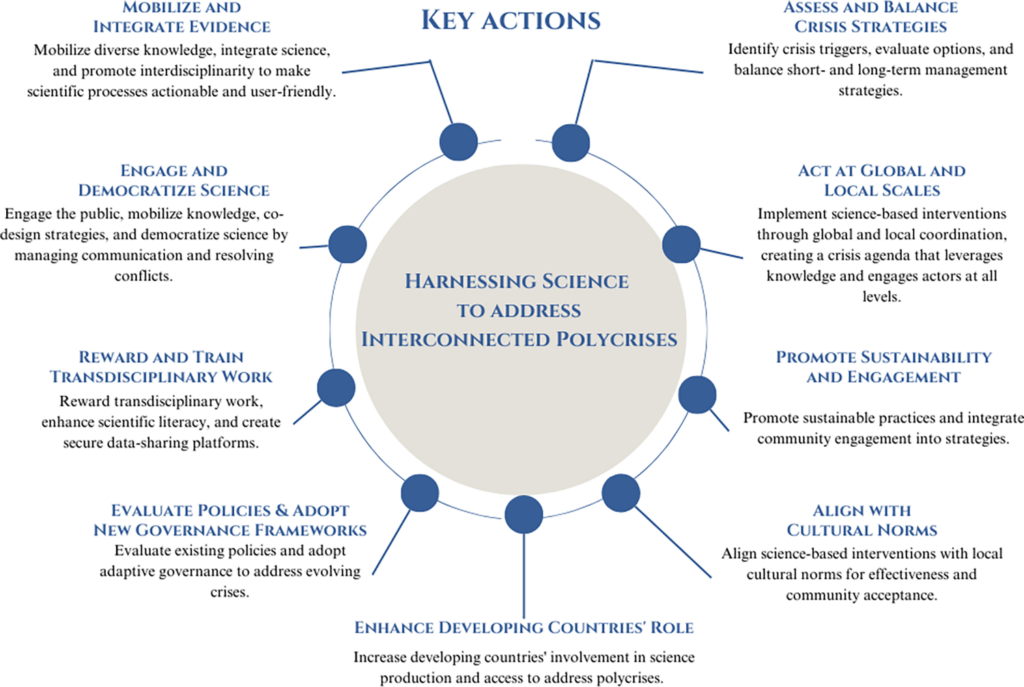What did MAK’IT do in 2024?
A Year Highlighting the Intersections of Science and Policy
With 18 researchers hosted during the year, the Montpellier Advanced Knowledge Institute on Transitions (MAK’IT) demonstrated ambition during the 2023-2024 season. The theme chosen for the cohort of six researchers from January to July 2024, “Disruptive science to meet global challenges,” attests to this. The work of this cohort, along with the reflections conducted with all the hosted researchers and the teams welcoming them, confirms the value of a transdisciplinary approach to transitions by understanding the controversies that make them difficult.
By bringing together senior and junior researchers, the institute also stimulates learning processes and strengthens the capacity of future generations of scientists to anticipate upcoming shocks and tackle tomorrow’s challenges. It pays particular attention to how each individual transforms through contact with others, from different disciplines or regions of the world. By facilitating dialogue and structuring a safe space for it, the institute explores alternatives to avoid and circumvent the polarizations that the world suffers from today.
To better stimulate interactions between hosted researchers and the Montpellier scientific communities, specific events were organized, such as the MAK’IT Talks. Similarly, the hosted researchers were able to participate in numerous events organized by the University of Montpellier and its academic partners on site. This was the case with the Montpellier Global Days in March 2024, which gave birth to the Montpellier Process, bringing together many institutions around the challenge of transforming food systems at local, national, and international levels and the issue of structuring appropriate Science-Policy interfaces.

Five years after the institute’s inauguration, we should note the remarkable growth in scientific production, whether it be articles in prestigious journals generated by the work and partnerships of hosted researchers or articles or books published during their stay. The publication of an article highlighting the reflections of the annual conference organized in 2022 on the theme “What role for science in times of crisis?” illustrates this dynamic. It involves members of an exceptional Scientific Council that was able to meet for the first time after the “COVID years” and played an essential role in the life of the institute.
Patrick Caron